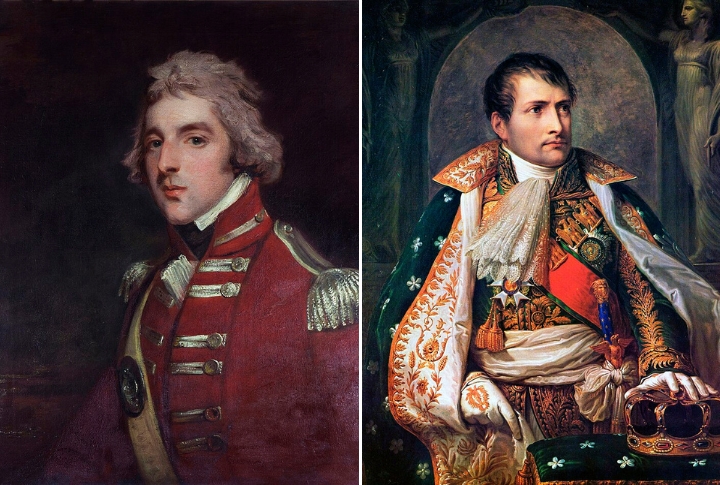
Not every legendary figure got along with their peers. Some despised each other so deeply that their feuds outlived them. Their rivalries grew out of ego, power, philosophy, or plain dislike, and those tensions didn’t just stay personal. These 20 famous face-offs left a mark that still lingers.
Nikola Tesla Vs. Thomas Edison
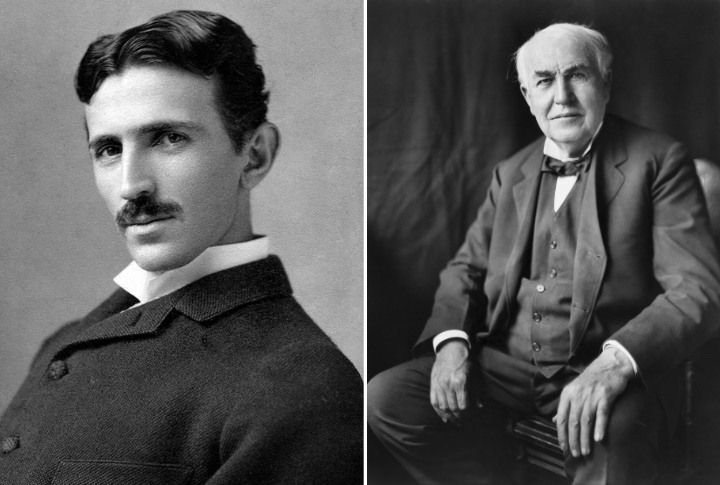
Edison once zapped animals just to prove Tesla’s ideas were dangerous. Before that, Tesla had worked for him but quit after a broken $50,000 promise. Later, he mocked Edison’s “lack of theory.” Ironically, the world now runs on Tesla’s electricity system.
Leonardo Da Vinci Vs. Michelangelo
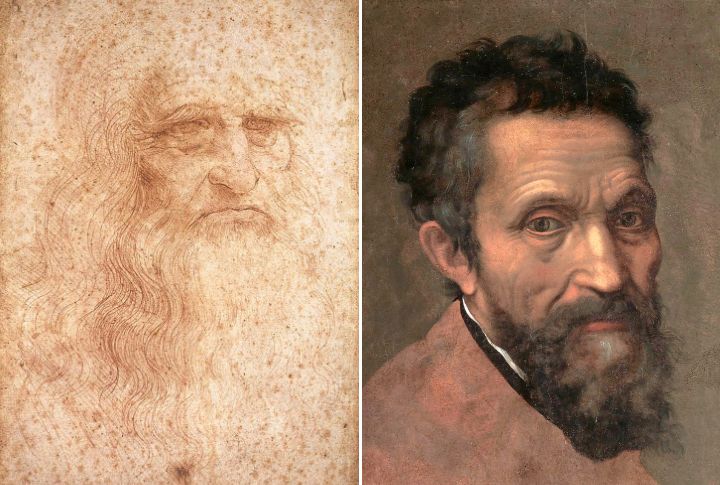
Leonardo and Michelangelo couldn’t stand each other. In Florence, they fought over projects and threw insults like artists with bruised egos. Leonardo hated Michelangelo’s bulky figures, and Michelangelo mocked Leonardo’s abandoned statue. Their rivalry was anything but quiet.
Alexander Hamilton Vs. Aaron Burr
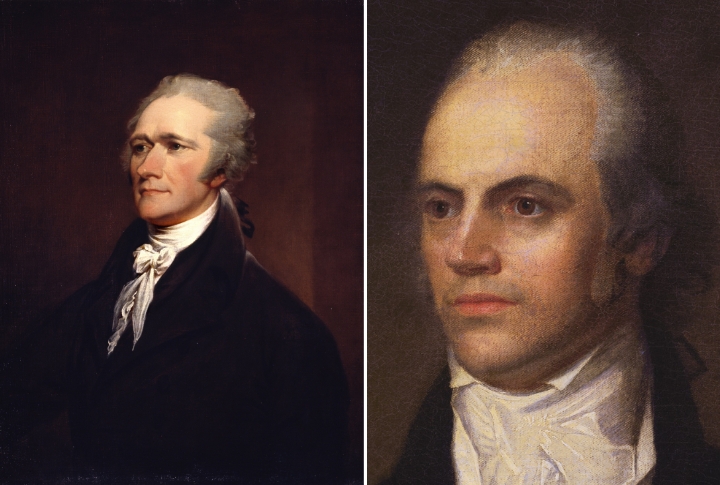
Hamilton got in Burr’s way one too many times. As tensions built, their political hatred exploded in a duel—Hamilton fired skyward, but Burr aimed to kill. Though still Vice President, Burr became a fugitive, later facing treason charges.
Joseph Stalin Vs. Leon Trotsky
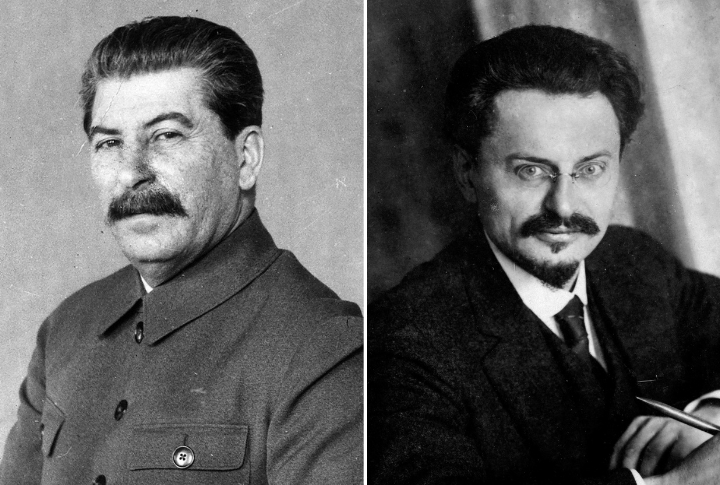
At first, they fought side by side in the revolution. Eventually, Stalin saw Trotsky as a rival, exiled him, and had him killed in Mexico. Trotsky even vanished from official photos. Yet his ideas outlived Stalin’s edits to history.
Winston Churchill Vs. Neville Chamberlain
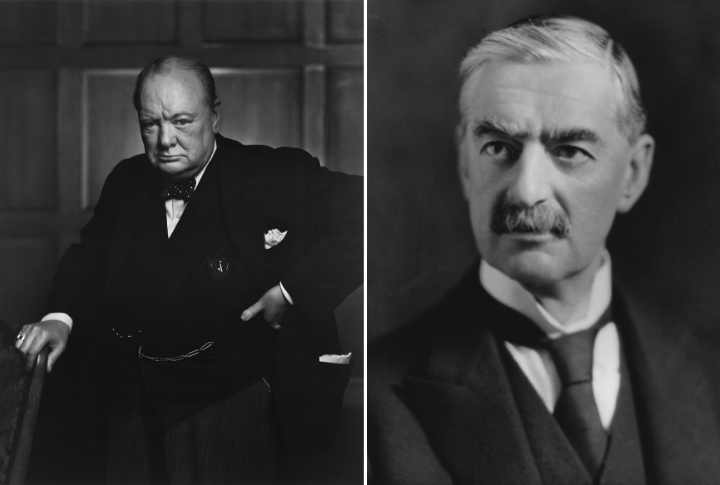
While Chamberlain tried to please Hitler, Churchill loudly warned that it would fail. He even called appeasement “feeding a crocodile.” When war finally broke out, Churchill replaced him as Prime Minister. Ironically, the two had once sat just feet apart in Parliament.
Charles Darwin Vs. Richard Owen
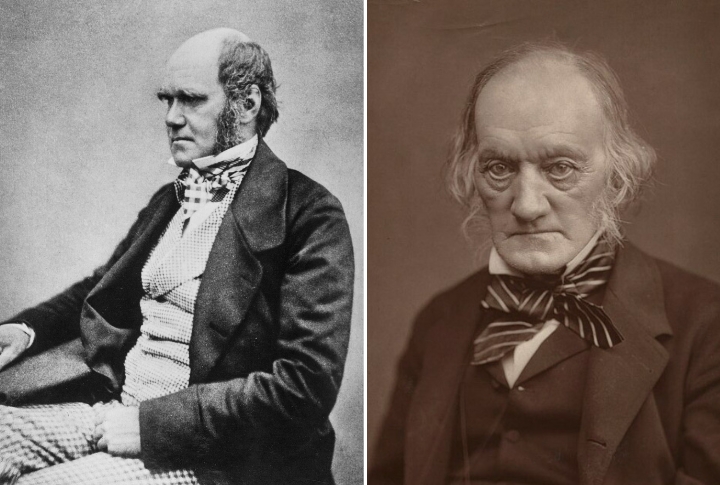
They worked in the same museum but stood on opposite sides of science. Owen rejected Darwin’s theory of evolution and even tried to take credit for his findings. Their clash grew into a bitter intellectual feud—one that shaped the public debate over science, truth, and recognition.
Julius Caesar Vs. Pompey The Great
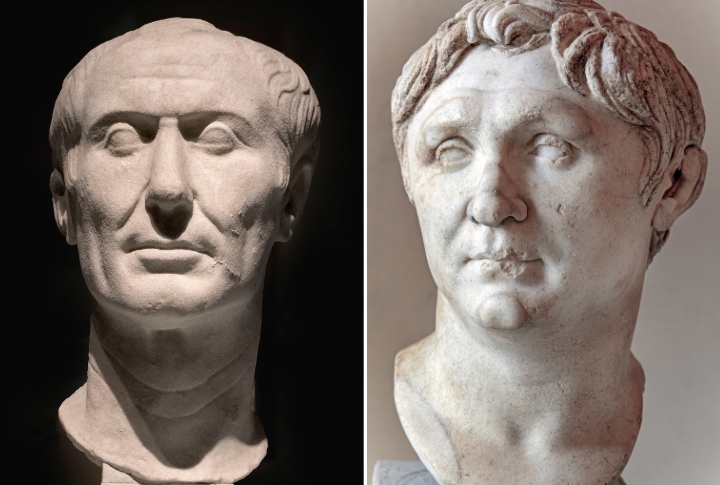
They started as partners and even became family by marriage. But ambition split their alliance, driving them into a brutal civil war. Caesar pursued Pompey across the Mediterranean, only to find his rival murdered in Egypt. In the end, power outlived friendship.
Queen Elizabeth I Vs. Mary, Queen Of Scots
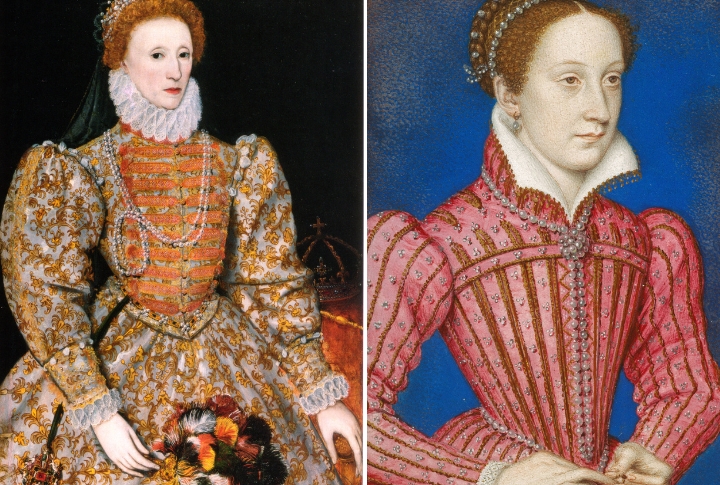
Royal blood made them cousins; however, Elizabeth saw Mary as a threat and locked her away for 19 years. She eventually signed Mary’s execution order. Strangely, the two queens never shared a conversation, not once in their tangled, deadly story.
Karl Marx Vs. Pierre-Joseph Proudhon
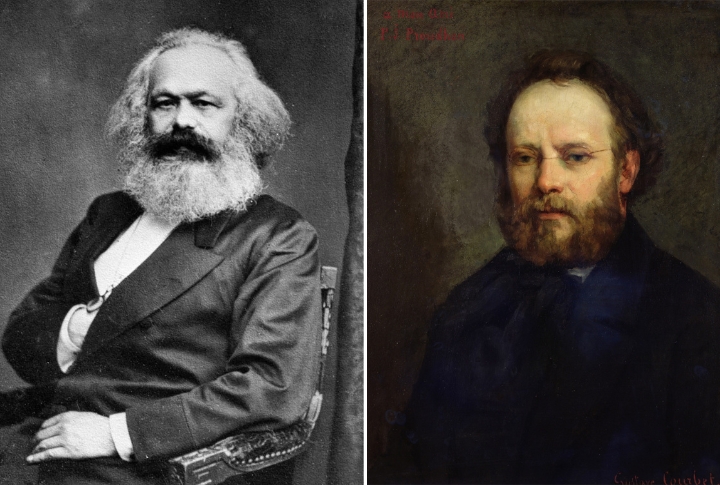
Karl Marx and Pierre-Joseph Proudhon debated socialism over beer, but things soured fast. Marx called Proudhon naive, and Proudhon fired back, accusing Marx of arrogance. Their clash split the left, pitting centralized authority against anarchist ideals, with echoes that lasted for generations.
Sigmund Freud Vs. Carl Jung
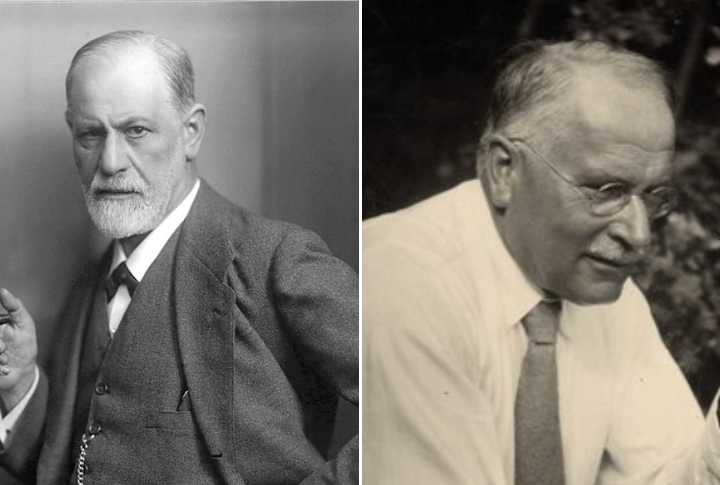
Freud saw Jung as his intellectual heir. But Jung rejected Freud’s obsession with sexuality, triggering a bitter split. During one fierce debate, Freud even fainted. In time, their ideas sent psychology down two divergent paths that still shape it today.
Napoleon Bonaparte Vs. Arthur Wellesley (Duke Of Wellington)
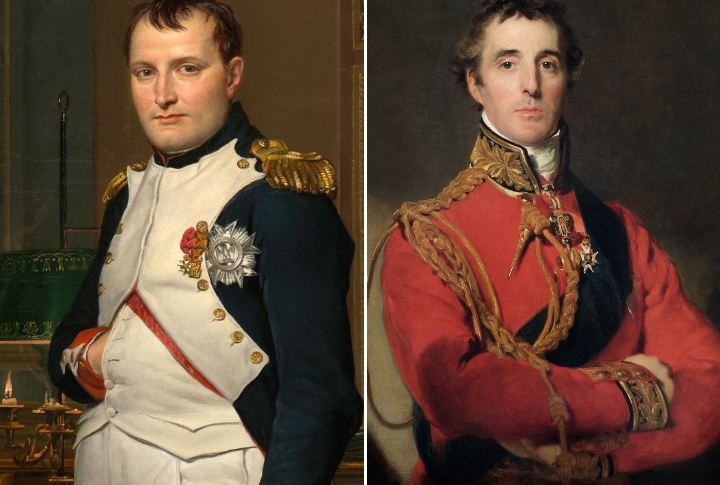
Napoleon Bonaparte Vs. Arthur Wellesley (Duke Of Wellington)Although they never met, their armies clashed at Waterloo. There, Wellington crushed Napoleon’s empire for good. Napoleon later sneered, calling him “a sepoy general.” After the war, Wellington dismissed the insult and kept Napoleon’s bust on display in his home.
Richard Nixon Vs. John F. Kennedy
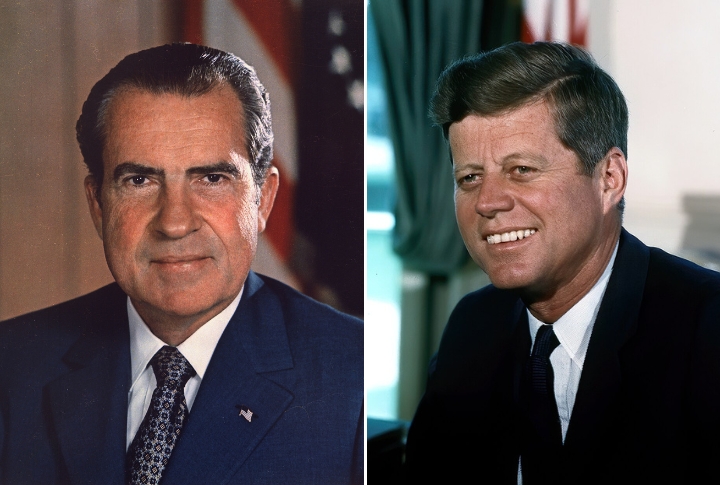
Under the glare of TV cameras, Nixon looked tense, while Kennedy appeared calm and confident. Their 1960 debate changed politics forever. Nixon narrowly lost and never let it go. Even a get-well card from Kennedy couldn’t ease the lasting resentment between them.
Pablo Picasso Vs. Henri Matisse
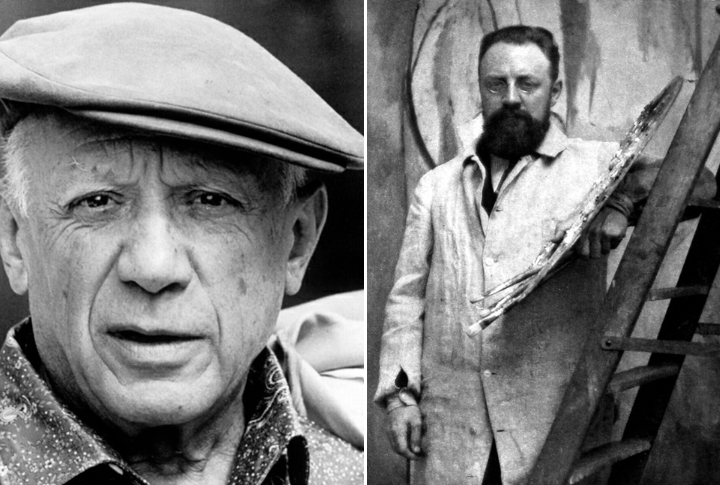
Art wasn’t just beauty for these two; it was a battle. In public, they challenged each other’s styles. Picasso even kept a Matisse painting in his studio as a reminder. Meanwhile, Matisse called his rival’s work “barbaric.” Somehow, their rivalry helped redefine modern art to what it is.
Martin Luther Vs. Pope Leo X
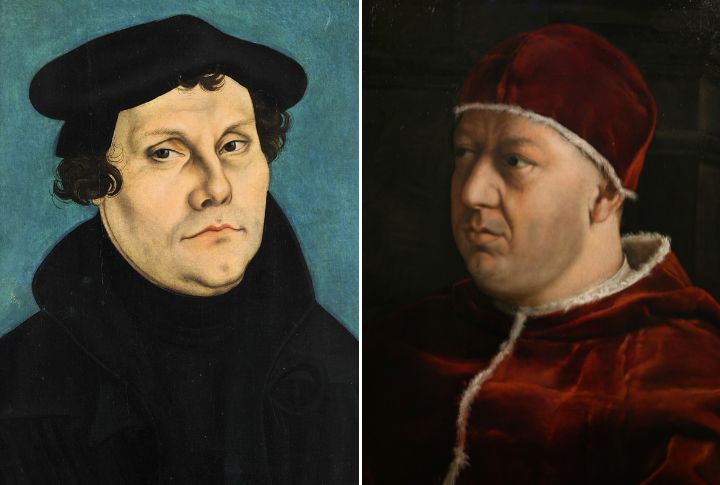
Luther’s 95 Theses struck at the Church’s money and Leo’s pride. Furious, the Pope excommunicated him. In defiance, Luther burned the papal order in public. While Leo dismissed him as a “wild boar,” Luther’s protest sparked a permanent break from the Church.
Andrew Jackson Vs. Henry Clay
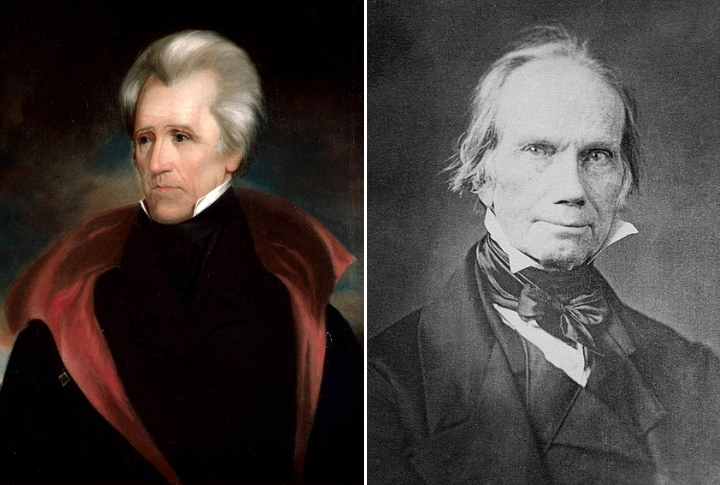
Their grudge began in the 1824 election when Jackson accused Clay of stealing the presidency. Soon after, they fought bitterly over the national bank. Clay labeled Jackson “a barbarian.” Jackson shot back, literally saying he’d duel Clay if he weren’t so old.
Voltaire Vs. Jean-Jacques Rousseau
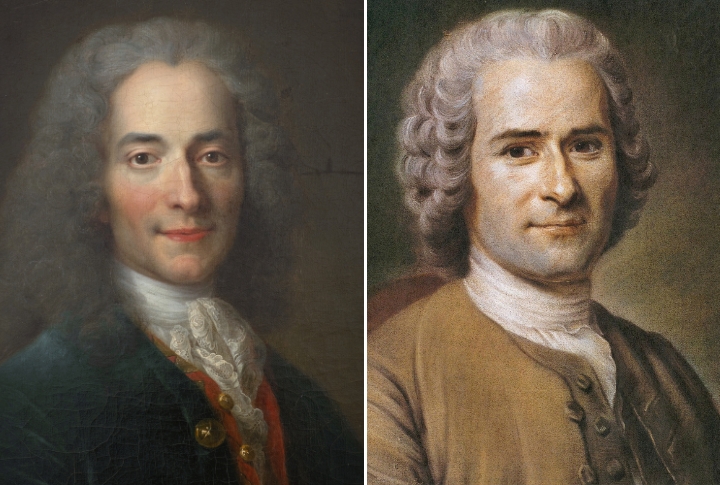
Voltaire and Rousseau began as admirers, but it didn’t last. Voltaire mocked Rousseau’s beliefs, calling them absurd. Rousseau shot back, accusing him of plotting humiliation. Their falling-out split Enlightenment thinkers between cold logic and raw emotion.
Franklin D. Roosevelt Vs. Herbert Hoover
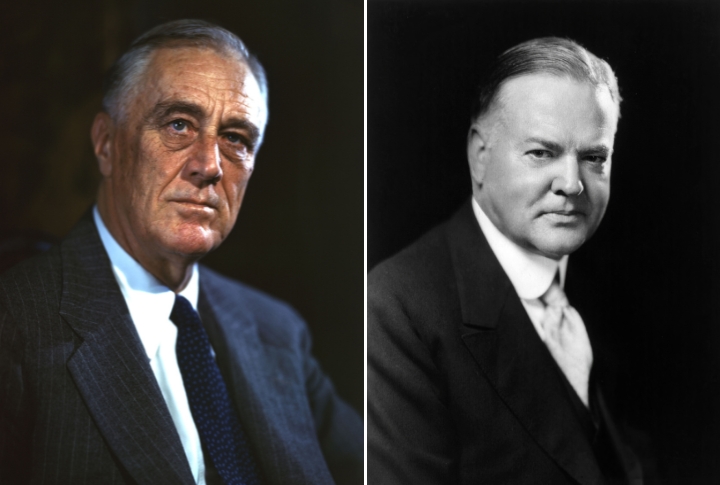
After Hoover blamed global forces for the Great Depression, FDR blamed Hoover himself. During the 1932 transition, they barely exchanged words. Hoover later helped future presidents but never forgave the man who replaced him with such scorn.
Theodore Roosevelt Vs. William Howard Taft
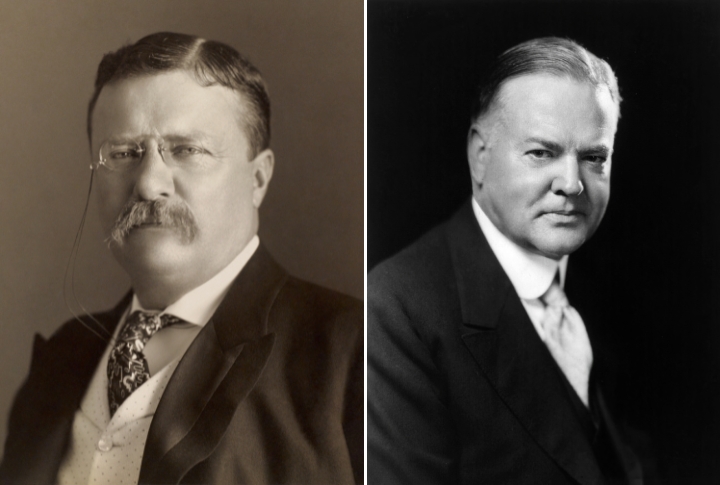
Roosevelt backed Taft, then felt betrayed when Taft broke from his policies. As a result, Roosevelt ran against him in 1912 and called him “a fathead.” Taft wept over the attacks. Eventually, their friendship healed, but their party remained divided.
Malcolm X Vs. Martin Luther King Jr.
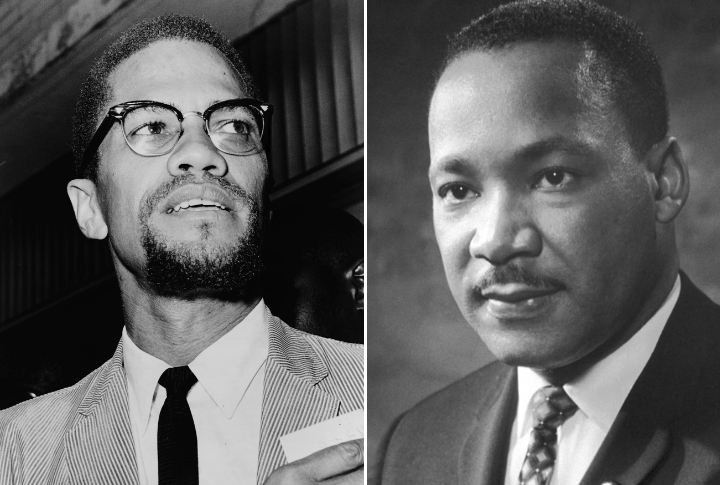
One spoke of peace, the other of power. Malcolm X called King’s nonviolence too soft, while King kept his distance from Malcolm’s firebrand tone. Oddly, they met only once. Before his death, Malcolm shifted his views, but their worldviews had already shaped history.
Galileo Galilei Vs. Pope Urban VIII
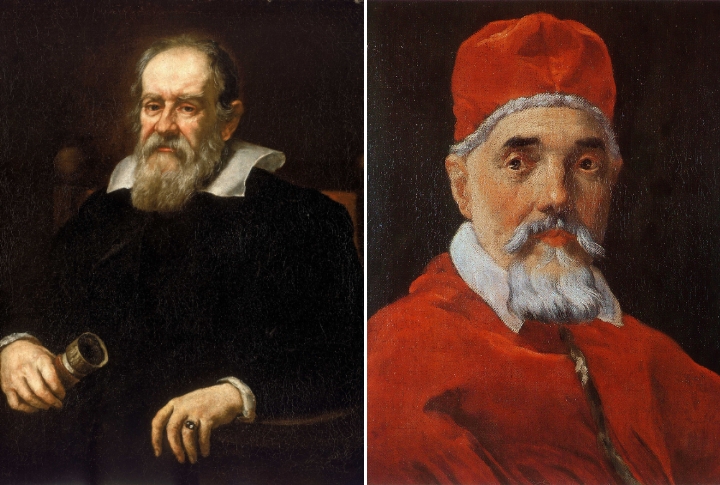
For a time, Urban supported Galileo’s research. But things changed when Galileo wrote a book with a silly character named “Simplicio,” who seemed to make fun of the Pope. The Pope got angry and put Galileo on trial. Galileo took back his words but then quietly said, “And yet it moves.”

